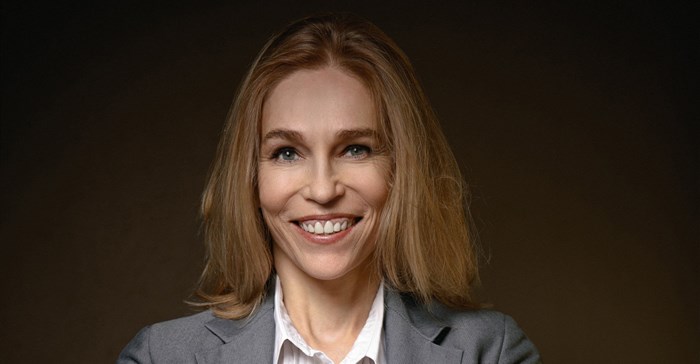#BizTrends2023: The politics of marketing in 2023 We are living in a time of flux; not only in South Africa but around the world. For the marketing sector, which thrives at the intersection of people, markets, economies and culture, 2023 will be an interesting yet challenging year.  Dale Hefer is CEO of the IMC (Integrated Marketing Council) which incorporates, Africa’s foremost integrated marketing conference The mega-trends - those trends that have been emerging over time and growing in power – will shape the marketing environment more than ever before. The mega-trendsHere are my four mega-trends for 2023. - Always judging
Perhaps the most critical of the mega-trends is the politicised culture which we find ourselves in. Since 2020 there has been an acceleration of online and offline sociopolitical activism, with vast audiences of netizens who have grown increasingly vocal in “calling out” brands, people, institutions and organisations that take actions which do not align with their personal belief systems. The lighter side of this may see brands inadvertently falling prey to jokes and viral memes highlighting behaviour or campaigns, with millions of people having a laugh at the brand’s expense. The darker side can be a significant backlash against a brand, with calls to “cancel” or boycott it, ultimately wreaking significant reputational harm and having a direct impact on the company’s bottom line. What this means for marketers as the custodians of the brand, is that now, more than ever, they need to dial in to their customers, checking in with the mood and sensibilities of the market. As this is an environment of constant flux, brands will have to work harder than ever to balance proactivity, insight and sensitivity. A question that marketing will have to keep interrogating in 2023 is how to ensure that extreme political correctness does not dim the lustre of creativity. - Influencer sovereignty
Research shows that around 93% of marketers have used influencer marketing in their campaigns, with influencer marketing reaching a whopping $16.4bn in 2022. This figure has been steadily increasing from $1.7bn in 2016 to $9.7bn in 2020 and $13.8bn in 2021. Short video formats on platforms such as TikTok, YouTube, Instagram and Facebook have gone a long way in driving the popularity of influencer marketing.However, as well-known influencers grow more powerful and are able to demand higher fees and usage terms, there is an anticipation that marketers will begin turning to micro-influencers who – while being more cost effective for a marketing campaign – are able to generate more impact per impressions made. Influencer marketing hub predicts that micro-influencer marketing will grow faster than traditional influencer marketing in 2023. - Multimedia movers
Unsurprisingly, video has continued to grow in dominance, with LinkedIn estimating last year that video would account for 82% of all internet traffic. Marketers are fast adopting the use of video in their campaigns, from producing explainer videos, to social media videos and testimonials. This year marketers could well push the envelope by discovering new ways to deliver impact in order to break through the sheer volume of video messages. In this respect marketers are also turning to podcasts as a platform to deliver impact to campaigns. Podcasts are growing in mainstream popularity, with Statista predicting almost 500 million listeners by 2024. - Web 3
Web 2.0 saw the birth of social media, which over the succeeding decades and supported by smart phones and cloud storage has seen a growing sophistication in our ability to gather, analyse and own significant amounts of data about customers and users. More than ever before marketers have been able to leverage this information to plot out the customer journey, both anticipating (and even creating) customer needs and interventions. In this environment, powerful corporations have come to dominate the stage, crowding out smaller companies. Web 3 is the next generation of internet technology, with a focus on machine learning and AI. According to GrowthChain, Web 3 (with increased uses of blockchain technology) will bring about decentralisation and greater transparency. This will have a fundamental impact on marketing, allowing even greater efficiencies in connecting brands to consumers. GrowthChain suggests that Web 3 will have less emphasis on chasing views, resolving errors, and treating people as targets. It will enable marketers to reconnect with their consumers by giving them control and ownership over their data and providing greater value to their users.
<<Back About Dale HeferDale Hefer is CEO of the IMC (Integrated Marketing Council) which incorporates, Africa's foremost integrated marketing conference, the Nedbank IMC.
|
